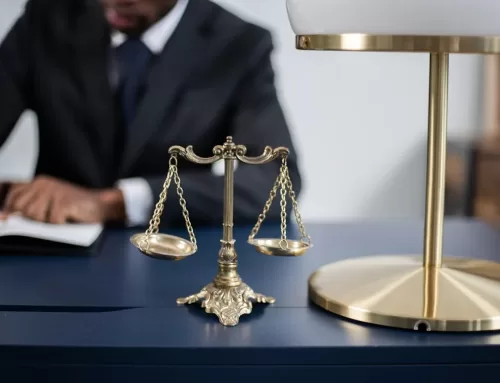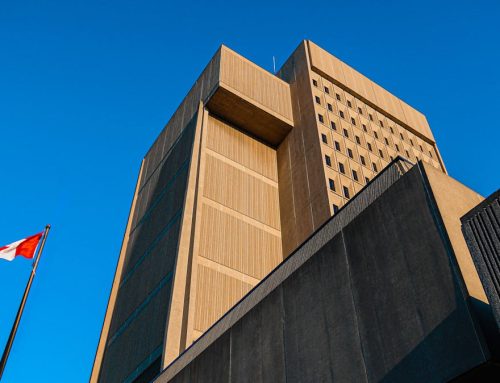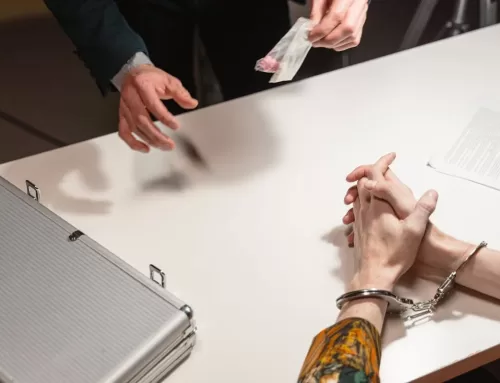Obtaining prescriptions for the same medication from different doctors might seem harmless to some, however, engaging in such practices—often referred to as double doctoring, prescription shopping, or doctor shopping—is against the law. This type of offence can have significant legal repercussions, even if you were not aware that it is illegal to get the same prescription from two doctors.
In this blog, we shed light on what double doctoring is, what its legal implications are, and why working with a drug offence lawyer is essential when facing these charges.
What is Double Doctoring?
Double doctoring is a criminal offence that involves obtaining, or attempting to obtain, duplicate prescriptions from multiple doctors without their knowledge of each other’s prescriptions. This act violates laws governing prescription medication and falls under the purview of the Controlled Substances Act. It differs from seeking a legitimate second opinion, as it entails deliberate deception and misuse of medical resources. From a legal perspective, double doctoring is considered a form of fraud and prescription drug abuse, which is why the offence can carry severe penalties.
What are Controlled Substances?
A controlled substance is a drug regulated by government authorities due to its potential for abuse and dependence. This category of substances includes a wide range of prescription drugs, such as opioids (prescription painkillers), stimulants, sedatives, and psychiatric medications used to treat mental health disorders. These substances are classified based on their medical utility and abuse potential, with stricter regulations imposed on those deemed most hazardous.
Acts of double doctoring typically involve controlled substance prescriptions for painkillers and opioids like oxycodone, hydrocodone, and morphine, along with benzodiazepines, such as alprazolam (Xanax) and diazepam (Valium). These drugs are sought for their potent analgesic or sedative effects, providing relief from pain, anxiety, or insomnia. Some abuse these medications for recreational purposes, seeking euphoria or relaxation, while others sell them illicitly for profit.
The Legal Implications of Double Doctoring
Under the Controlled Substances Act, knowingly obtaining multiple prescriptions for controlled substances through deceptive means is considered a serious offence, punishable by law. The legal framework governing prescription medications, particularly controlled substances, is stringent.
This is because the practice strains healthcare resources, contributes to public safety concerns, and fosters a culture of mistrust between patients and healthcare providers. As a result, the consequences doctor shoppers may face upon conviction can range from fines to imprisonment, depending on factors related to both the patient and the physician involved.
Factors That Influence the Severity of the Consequences
Patient-related factors, such as addiction to pain medication or persistent symptoms, may mitigate sentencing, especially when coupled with psychological dysfunction or illness. Physician-related issues like long wait times or inconvenient locations can also influence the severity of consequences.
The Crown’s decision to pursue either a summary or indictable conviction plays a role in sentencing as well. A summary conviction typically results in lesser penalties, such as fines, while an indictable conviction increases the likelihood of incarceration.
If a healthcare provider is proven to be involved or complicit in the act of double-doctoring, they risk having their medical license revoked.
Whether the offence is a first or subsequent occurrence influences sentencing severity too. While first-time offenders may face imprisonment, subsequent offences typically entail higher fines or longer jail terms, particularly for summary convictions.
Why Legal Assistance is Important When Facing Double Doctoring Charges
Legal representation is a must if you find yourself facing allegations of prescription shopping or double doctoring. A drug offence lawyer can guide and advocate for you throughout the legal process. They work to protect your rights and interests by crafting and communicating your legal defence.
At Jaswal & Krueger, we understand the complexities of cases involving controlled substances and addictive drugs. We can assess the details of your situation, develop effective defence strategies, and advocate on your behalf in court.
Our lawyers have experience navigating the intricacies of prescription medication laws and can identify mitigating factors that may reduce your penalties. Whether it’s challenging the evidence against you, negotiating plea bargains, or pursuing alternative sentencing options, we will work tirelessly to achieve the most favourable outcome for your case. By enlisting the help of a knowledgeable attorney, you increase your chances of minimizing the consequences of your charges and moving forward with your life.













